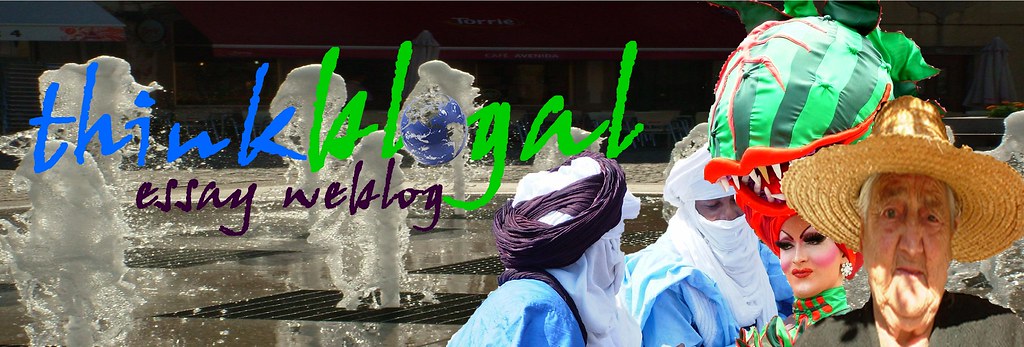As a child, what I most loved at Easter time was to watch the films with biblical inspirations. Of course, 1956’s film, The Ten Commandments, (see also at IMDb.com) with Charlton Heston and Yul Brynner, was the masterpiece. I saw it year after year, but only recently have I begun to see it as a cultural interpretation of one of the most important events in the history of mankind. One particular detail of the film intrigued me very much. Each time Moses comes down from Mount Horeb (where he speaks to God), he appears to be older. His hair goes whiter and his face shows more signs of aging. This happens when he speaks to God for the first time and when he goes to Him a second time to receive the stone tablets with the Ten Commandments.
I looked for the Old Testament to try to find some clues that could help me understand why director Cecil B DeMille decided to follow such a path on his film. The Holy Bible does not contain any direct and explicit phrase that could be interpreted as a sign of Moses’ aging each time he contacts God. However, in the Book of Exodus, Chapter 20, where the moment that God dictates to Moses the Ten Commandments is described, the following episode can be read:
18 When the people saw the thunder and lightning and heard the trumpet and saw the mountain in smoke, they trembled with fear. They stayed at a distance
19 and said to Moses, "Speak to us yourself and we will listen. But do not have God speak to us or we will die."
20 Moses said to the people, "Do not be afraid. God has come to test you, so that the fear of God will be with you to keep you from sinning."
21 The people remained at a distance, while Moses approached the thick darkness where God was.
This episode can be thought of as the manifestation of two ideas. Firstly, the grounds upon which the people concede this obedience to God is pure fear. The people are afraid to speak to God, for God is the supreme power. God is the judge of life and death. Secondly, the reference to “(…) the thick darkness where God was”, can be interpreted as the sign for the mystery of knowledge, for knowledge is held by God and by those which are chosen by Him.
The message is clear: the contact with God is a burden for the simple mortals. God is understood and portrayed as the source of both power and knowledge. He decides to share them with Moses, but the costs are heavy for the Prophet. He becomes older, for knowledge and power are very heavy weights.
In a 1975’s RAI television production, called Moses, where the main role is interpreted by Burt Lancaster, the same aging signs are present but in a more discrete manner. When compared with the motion picture, the TV show gives a completely different description of the life of the Prophet. Whereas in The Ten Commandments, Moses is described as the link between God and the People, in Moses, the Prophet is portrayed as the “Lawgiver”. What the film stresses is the relationship between God and Moses. The TV show gives emphasis to the relationship between the Prophet and its People. In The Ten Commandments, Moses gets older each time he speaks to God. In Moses, the Prophet gets older due to his specific task: to give order to Israel, to apply God’s rules and foremost to explain to the People the logic and the fairness of such rules. Let’s not forget that God endowed the People with free judgement. Although, if we think that God remains the main source of power and knowledge, the free judgement that is given to the People of Israel is devoid of meaning. It is this kind of pressure that wearies Moses and eventually kills him.
The relationship between power and knowledge is a fundamental issue in social sciences. Can knowledge be free of power influences? To what extent does knowledge nurture power? On what grounds can authority be established through the possession of a knowledge monopoly? Dating back to the work of Max Horkheimer (Frankfurt School) in the 1930’s, critical theory authors have tried to demonstrate that the claim to knowledge lies beneath all power relations. Following Foucault’s archaeology of knowledge, statements are reified into truths. Power tends to mystify its nature, concealing the source of its acquaintance and giving only to elites the access to information. Only few can penetrate “the thick darkness” where law is made.
However, in the end, all sources of authority, all Moses(es), become weary and tired and eventually die without seeing the “promised land”, since the critical judgement of the People is not compatible with mystifications of Power. That explains why democracy is an exhausting but very rewarding political regime. Amen.













<< Home